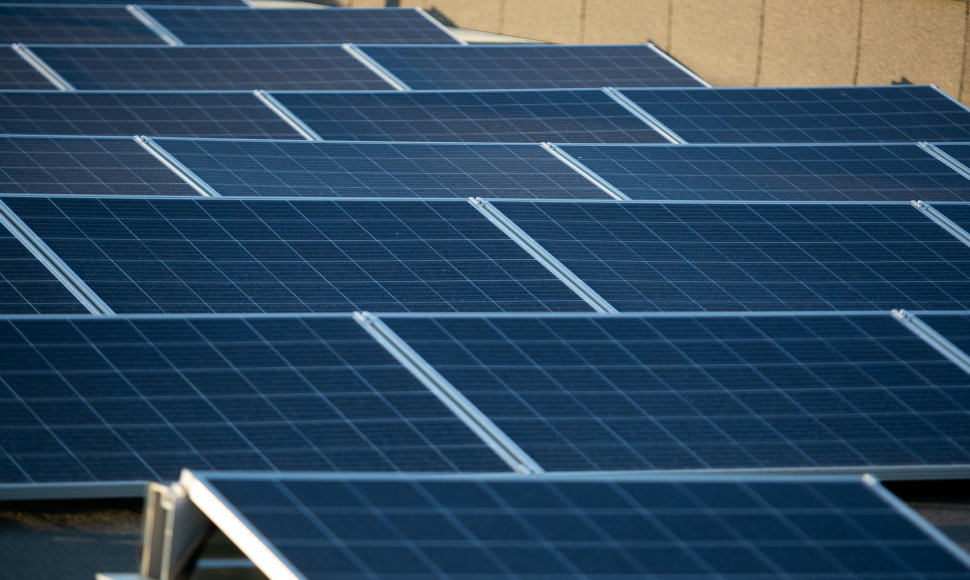Head of Solitek, Julius Sakalauskas, says that during this period, the company demonstrated excellent results in its main export markets and received orders in new countries where it previously had virtually no sales. As a result, export orders generate more than 80 per cent of Solitek’s income.
Sakalauskas perceives several key trends in the EU solar modular sector which contributed to the jump in the company’s export sales:
“This year, we demonstrated excellent results in the strategically important Scandinavian region. This summer, if compared to summer 2020, Solitek’s sales in Sweden rose by a quarter, and exports to Norway rose by almost 13%. In addition, sales in Finland jumped 2.3-fold, which is 133 per cent - we have observed that clients in Scandinavian are increasingly focused on the quality of the solar module components, the origin of the components and production quality while being uninclined to purchase modules from Asian manufacturers. This has helped further grow the company’s export portfolio in the Scandinavian markets,” he says.
“This summer, we received export orders in Germany, the Netherlands, Austria and Spain, which are fairly new markets for us. This could have also been influenced by the markedly increased prices of container transport from Asia to Europe and the unstable product supply from China. In the end, manufacturing and supply chains are gradually returning to Europe from Asia – I think that this could have also helped us obtain new export orders from EU-based distributors,” the Solitek head continued.
Sakalauskas also observes that the EU solar modular sector is seeing a vast rise in the popularity of double-glass or bifacial solar modules, which is what Solitek specialises in manufacturing. These types of modules are gradually becoming the standard, with distributors in Europe actively seeking manufacturers who can offer clients modules of these two types. The EU solar module sector has grown accustomed to these innovations due to the longevity of this technology and the good efficiency of the solar modules, which also had a positive impact on Solitek’s sales.
Sales volumes decreased in Lithuania this summer, which was fundamentally due to the unstable distribution of state support to purchase solar modules.
“If we compare this summer to the summer of 2020, Solitek’s sales revenue in Lithuania fell by 14 per cent - people’s interest in solar energy is growing, but our poorer results were a result of the inconsistent distribution of support for the residents of private homes. Residents of private houses and apartment buildings here can seek state support for purchasing a solar plant, allowing them to save 35-40 per cent of the solar plant’s installation cost. However, the Environmental Project Management Agency, which administers the state support, only allocated funds to private house owners on one occasion this year. This has reduced the spread of new solar power plants in Lithuania during 2021 and has driven down the sales results for Solitek in the country,” says Sakalauskas.













